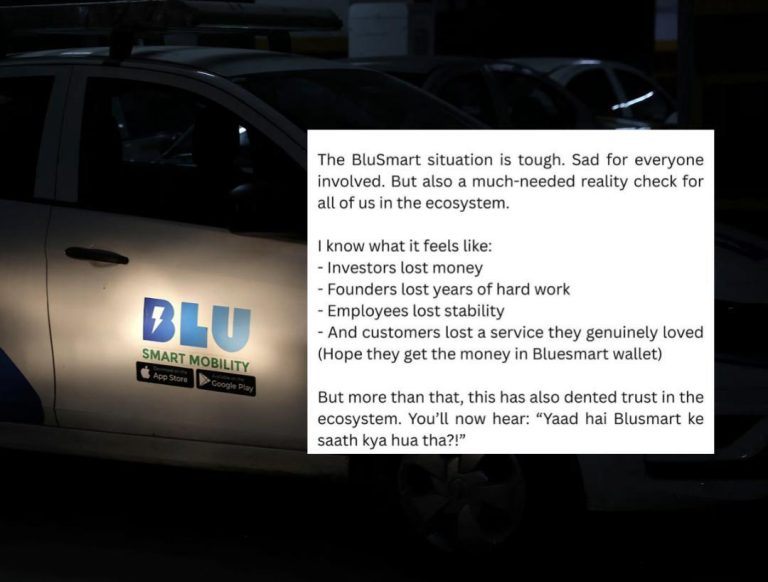
US Student Visa Crisis: SEVIS Rules & Legal Tips Explained
The United States has long been a popular destination for international students, attracted by its world-class educational institutions, research opportunities, and diverse cultural experiences. However, recent developments have raised concerns among Indian students in the US, who are facing uncertainty due to the revocation of student visas and termination of SEVIS records. In this blog post, we will explore the SEVIS rules and legal tips to help students navigate this crisis and maintain a valid immigration status.
Background: SEVIS and Student Visas
The Student and Exchange Visitor Information System (SEVIS) is a US Department of Homeland Security (DHS) database that tracks foreign nationals studying, working, or participating in exchange programs in the US. SEVIS is a critical component of the US immigration system, ensuring that international students and scholars comply with their visa requirements and maintain a valid immigration status.
Student visas, also known as F-1 visas, are issued to international students who plan to pursue full-time academic studies at a US institution. To apply for an F-1 visa, students must first obtain an I-20 form from the US institution they plan to attend. The I-20 form serves as evidence of accepted admission and details the student’s program of study, duration, and required fees.
The Crisis: Revoked Visas and Terminated SEVIS Records
Recently, the DHS has enforced a deadline under the Alien Registration Act for all foreign nationals staying over 30 days in the US to register with the authorities. This deadline has led to the revocation of student visas and termination of SEVIS records for many Indian students. The exact reasons for these actions are unclear, but experts attribute the crisis to a combination of factors, including:
- Late registration: Failure to register with the authorities within the specified deadline can result in visa revocation and SEVIS record termination.
- Invalid or expired documents: Inaccurate or expired documents, such as I-20 forms or passports, can lead to visa issues and SEVIS record termination.
- Non-compliance with immigration regulations: Failure to comply with US immigration regulations, such as maintaining a valid immigration status, can result in visa revocation and SEVIS record termination.
Legal Tips to Avoid Visa Issues and Maintain Valid Immigration Status
To avoid visa issues and maintain a valid immigration status, Indian students in the US must take the following legal steps:
- Register with the authorities: Ensure timely registration with the authorities, as required under the Alien Registration Act.
- Verify and update documents: Verify the accuracy and validity of your I-20 form, passport, and other required documents.
- Maintain a valid immigration status: Ensure that your visa and SEVIS record remain valid and up-to-date.
- Comply with immigration regulations: Familiarize yourself with US immigration regulations and ensure that you comply with all requirements.
- Seek legal advice: Consult with an experienced immigration attorney if you are facing issues with your visa or SEVIS record.
Conclusion
The US student visa crisis has raised concerns among Indian students in the US, who are facing uncertainty due to revoked visas and terminated SEVIS records. To avoid visa issues and maintain a valid immigration status, students must take timely action to register with the authorities, verify and update their documents, and comply with immigration regulations. By following these legal tips, students can minimize the risk of visa revocation and SEVIS record termination, ensuring a successful and stress-free experience in the US.
News Source






